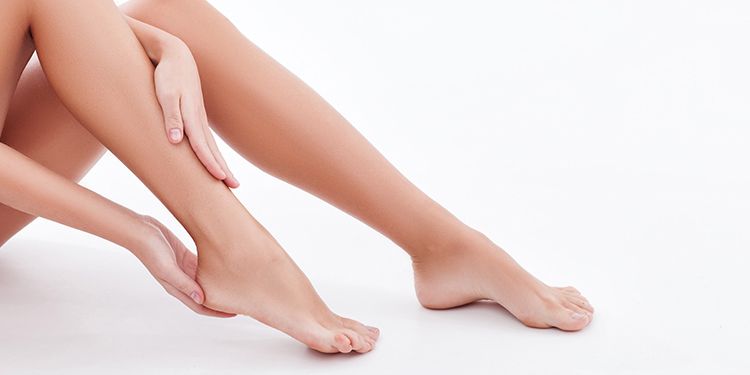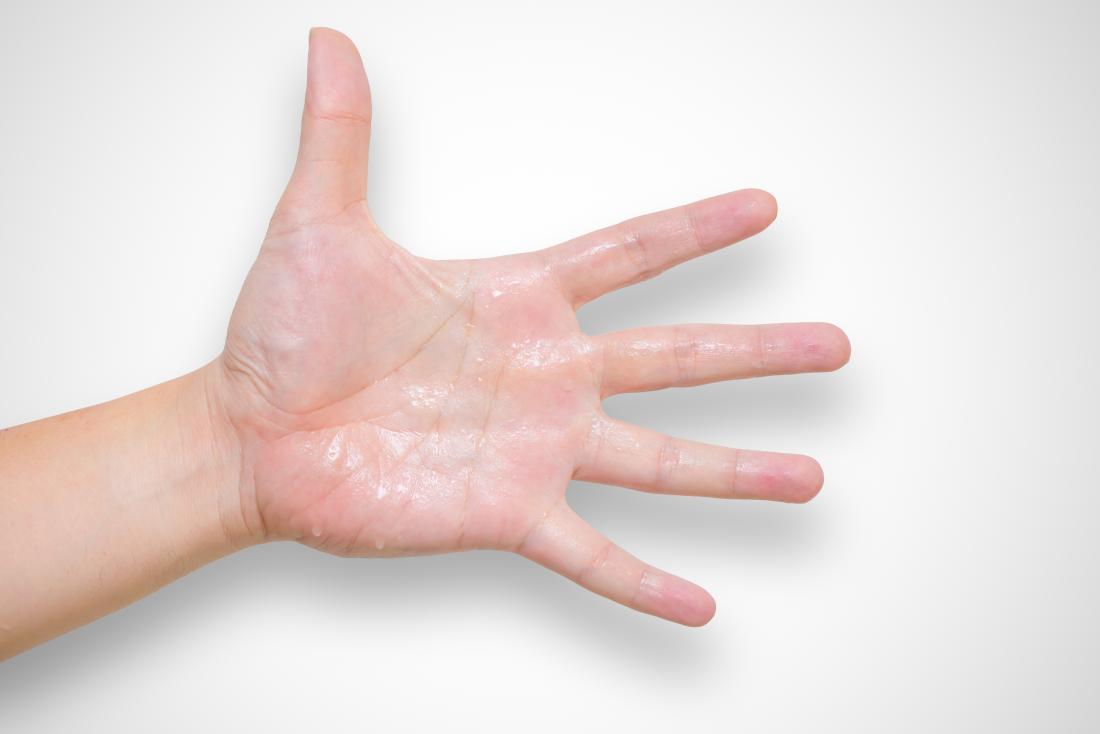Recognizing the Source of Excessive Sweating and Its Influence On Day-to-day Live
Excessive sweating, likewise called hyperhidrosis, is a problem that affects a considerable part of the populace, yet its hidden causes and ramifications on everyday operating continue to be somewhat enigmatic. While it is typically comprehended as a physical reaction to regulate body temperature, the triggers for extreme sweating can differ extensively amongst people, encompassing not only physical elements however likewise psychological and mental components. The impact of this problem expands past plain discomfort, typically affecting social interactions and general quality of life. By delving right into the origin of hyperhidrosis and discovering its diverse impacts, a deeper understanding of this pervasive concern can be obtained, clarifying the intricacies that individuals grappling with excessive sweating browse each day.
Physiology of Sweat Glands
The policy of sweat manufacturing, a vital physiological procedure, is mainly controlled by the task of sweat glands dispersed across the human body. Gland are categorized right into two major types: eccrine and apocrine glands. Eccrine glands are one of the most various and are located in nearly all areas of the body. They play an essential role in thermoregulation by producing a watery fluid onto the skin's surface, which vaporizes and assists cool down the body down. On the other hand, apocrine glands are concentrated in locations rich in hair follicles, such as the underarms and groin, and their secretions are thicker and milky in look.
When the body temperature climbs, either due to exercise, heats, or emotional tension, the nerve system triggers the sweat glands to create sweat. This sweat is made up mostly of water and electrolytes like sodium and chloride. The procedure of sweat manufacturing is essential for preserving the body's interior temperature level within a slim, optimal range, highlighting the important duty gland play in human physiology.
Triggers for Excessive Sweating
In comprehending the origin of too much sweating, it is crucial to identify the triggers that can result in this physiological action. Too much sweating, additionally referred to as hyperhidrosis, can be motivated by numerous factors, both physiological and environmental. One common trigger is emotional stress or anxiety, which can stimulate the body's sweat glands to produce even more sweat than is necessary for cooling down. Physical physical effort, high temperature levels, and spicy foods are additionally recognized to cause too much sweating in people susceptible to this condition. Particular clinical conditions like menopause, diabetes, or hyperthyroidism can add to extreme sweating as well.
In addition, medicines such as some antidepressants, opioids, and certain supplements can additionally serve as triggers for hyperhidrosis. Understanding these triggers is crucial in handling too much sweating successfully - Treatment for hyperhydrosis of hands. By identifying and resolving the particular triggers that motivate excessive sweating in a specific, doctor can establish tailored treatment strategies to reduce this problem and boost the individual's top quality of life
Medical Conditions Associated
Connected with too much sweating are various medical problems that can exacerbate this physiological feedback. One common condition is hyperhidrosis, a problem characterized by unusually boosted sweating that exceeds the body's thermoregulatory needs. This can materialize in focal locations like the palms, soles, underarms, or face, impacting an individual's lifestyle as a result of social embarrassment and discomfort.
Moreover, endocrine conditions such as hyperthyroidism, diabetic issues, and menopausal hot flashes can additionally lead to too much sweating. Hyperthyroidism triggers an overproduction of thyroid hormones, increasing metabolic process and setting off sweating.
Furthermore, infections like hiv, tuberculosis, and endocarditis have actually been connected with night sweats, an usual sign known to interfere with rest and affect total wellness. These medical problems highlight the diverse array of underlying aspects that can add to too much sweating, requiring comprehensive analysis and administration by healthcare specialists.
Emotional and Emotional Elements

Influence on Social Interactions
Too much sweating can have profound their website results on an individual's capability to involve conveniently in social communications. The visible indications of sweat stains or wet spots on clothing can cause embarrassment and self-consciousness, triggering people to withdraw from social circumstances. This withdrawal can influence relationships, limitation social tasks, and hinder individual and specialist development.

Moreover, the anxiety and self-confidence problems originating from too much sweating can affect communication and interpersonal skills. Individuals may have a hard time to concentrate on discussions, join team tasks, or express themselves confidently. This can result in feelings of isolation and solitude, as social connections end up being challenging to preserve.
Final Thought

While it is typically understood as a physiological feedback to manage body temperature level, the triggers for extreme sweating can vary widely amongst people, including not only physical factors yet additionally emotional and psychological elements. By diving right into the root causes of hyperhidrosis and discovering its diverse effects, a much deeper understanding of this prevalent issue can be gained, losing light on the complexities that individuals grappling with too much sweating navigate on a daily basis.
Physical physical effort, read the article high temperatures, and spicy foods are additionally understood to set off too much sweating in people prone to this problem. By determining and addressing the certain triggers that trigger too much sweating in a private, healthcare suppliers can establish personalized treatment strategies to minimize this condition and enhance the individual's high quality of life.
Excessive sweating can have profound results on an individual's capacity to engage pleasantly in social interactions.